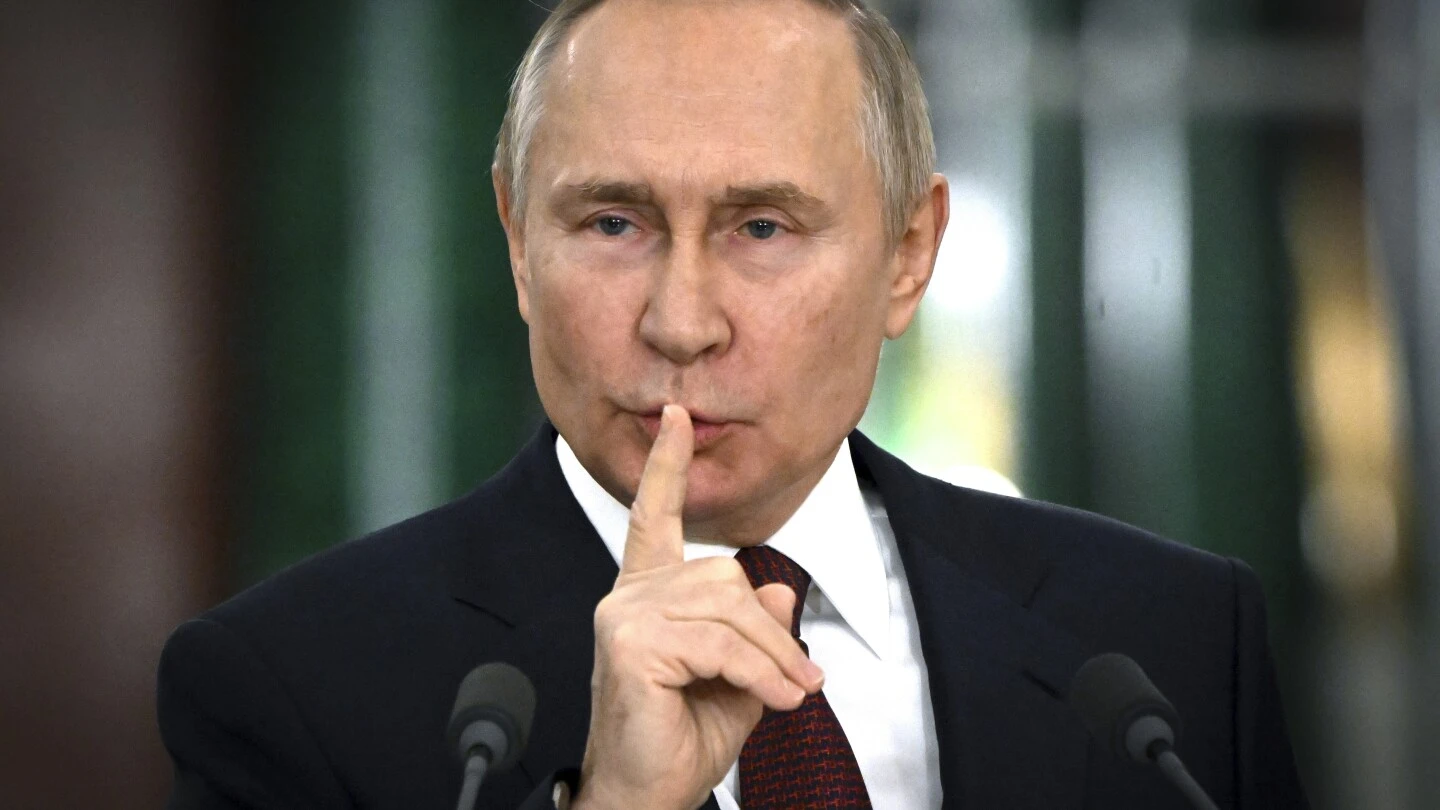- cross-posted to:
- [email protected]
- [email protected]
- cross-posted to:
- [email protected]
- [email protected]
…
Treason cases have been rare in Russia in the last 30 years, with a handful annually. But since the 2022 invasion of Ukraine, they have skyrocketed, along with espionage prosecutions, ensnaring citizens and foreigners alike, regardless of their politics.
That has brought comparisons to the show trials under Soviet dictator Josef Stalin in the 1930s.
The more recent victims range from Kremlin critics and independent journalists to veteran scientists working with countries that Moscow considers friendly.
Very well, stupid orcs will cut themselves off, stagnate, slowly fall behind and ultimately fall apart just like they did in 1991.
I only feel sorry for young non-braindead people who can’t get out in time from this rusky hell.
Court cases maybe. Actual cases of espionage and treason, far less likely.
I’d be very surprised if the number of actual cases hasn’t increased. Western, Ukrainian and other allied intelligence services have almost certainly increased their activities in Russia since the war began. They’d be terrible at their jobs if they hadn’t.
Edit - this doesn’t mean that the trials aren’t shams, or that the regime doesn’t use false accusations and evidence to rid itself of opposition.
Removed by mod
This is the best summary I could come up with:
The elder Kolker had been charged with treason, the family later learned, a crime that is probed and prosecuted in absolute secrecy in Russia and punished with long prison terms.
The First Department, a rights group that specializes in such prosecutions and takes its name from a division of the security service, counted over 100 known treason cases in 2023, lawyer Evgeny Smirnov told The Associated Press.
Treason cases began growing after 2014, when Russia illegally annexed Crimea from Ukraine, threw its weight behind a separatist insurgency in the eastern part of the country and fell out with the West for the first time since the Cold War.
She was charged over contacting the Ukrainian Embassy in Moscow in 2014 to warn officials there that she thought Russia was sending troops into eastern Ukraine, where the separatist insurgency against Kyiv was unfolding.
“It’s a very good cautionary tale case for them that journalists shouldn’t write anything about the defense sector,” his fiancee and fellow reporter Ksenia Mironova told AP.
One is that it sends a clear message that the unwritten rules have changed, and that conferences abroad or work with foreign peers is no longer something scientists should do, says Andrei Soldatov, an investigative journalist and expert on the security services.
The original article contains 1,636 words, the summary contains 211 words. Saved 87%. I’m a bot and I’m open source!




